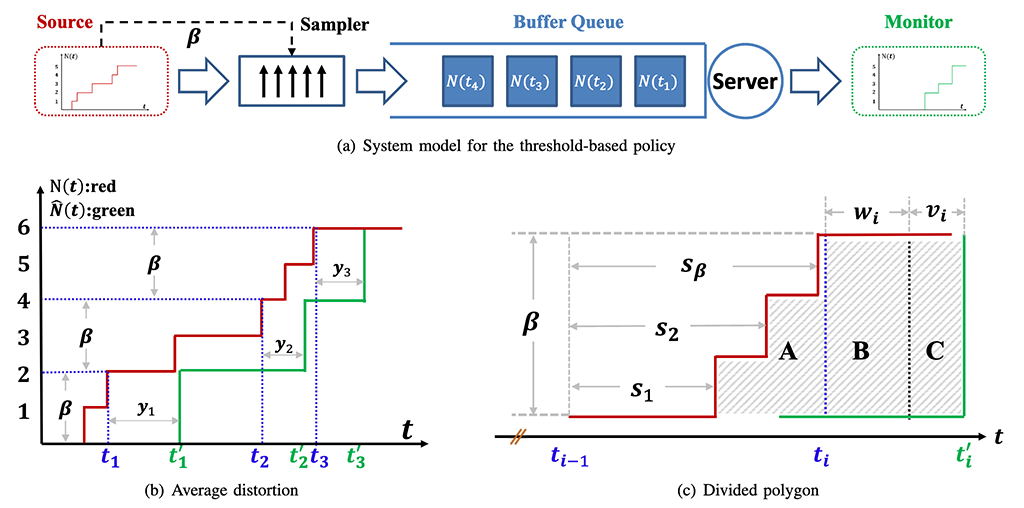News Story
New NSF-funded project targets secure and private function computation
Professor Prakash Narayan (ECE/ISR) is the recipient of a new $499K NSF grant on “Secure and Private Function Computation by Interactive Communication.” This project was developed collaboratively with his former student Himanshu Tyagi (EE Ph.D. 2013 alumnus), now an assistant professor at the Indian Institute of Science; and his former ISR Visitor Shun Watanabe, now an associate professor at Tokyo University of Agriculture and Technology.The project takes an information theoretic approach to develop principles that govern secure or private function computation by multiple terminals that host user data. The goal of the terminals is to compute locally and reliably, a given function of all the possibly correlated user data, using an interactive communication protocol. The protocol is required to satisfy separate security and privacy conditions.
A common framework is developed for analyzing the distinct concepts of security and privacy, and new information theoretic formulations and approaches are proposed with the objective of understanding basic underlying principles. Potential applications arise, for instance, in: hospital databases that store clinical drug trial results or university databases with student performance records; private information retrieval from user data stored in private clouds; and security and privacy certifications for the identities/locations of communities and individuals participating in crowd-sourced traffic and navigation services.
The technical approach involves the development of a theory with three main distinguishing features. It (i) establishes a key role for interactive communication in reducing communication complexity, and in enhancing security and privacy; and formulates computable measures of security and privacy in terms of conditional Renyi entropy; (ii) provides a common framework for formulating and analyzing problems of secure and private function computation with prominent roles for classical Shannon theory as well as zero-error combinatorial information theory; and introduces the concept of a multiuser privacy region for quantifying privacy tradeoffs among users; and (iii) develops a new method for obtaining converse bounds for communication complexity, upon analyzing the common randomness or shared information generated in function computation with an interactive communication protocol.
Rooted in information theory, estimation theory and theoretical computer science, a central objective of the research is to elucidate tradeoffs among computation accuracy, terminal security and user privacy; key to these tradeoffs is the essential role of interactive communication. Expected outcomes are precise characterizations of the mentioned fundamental tradeoffs, and associated algorithms for secure and private computing.
Published September 8, 2015







